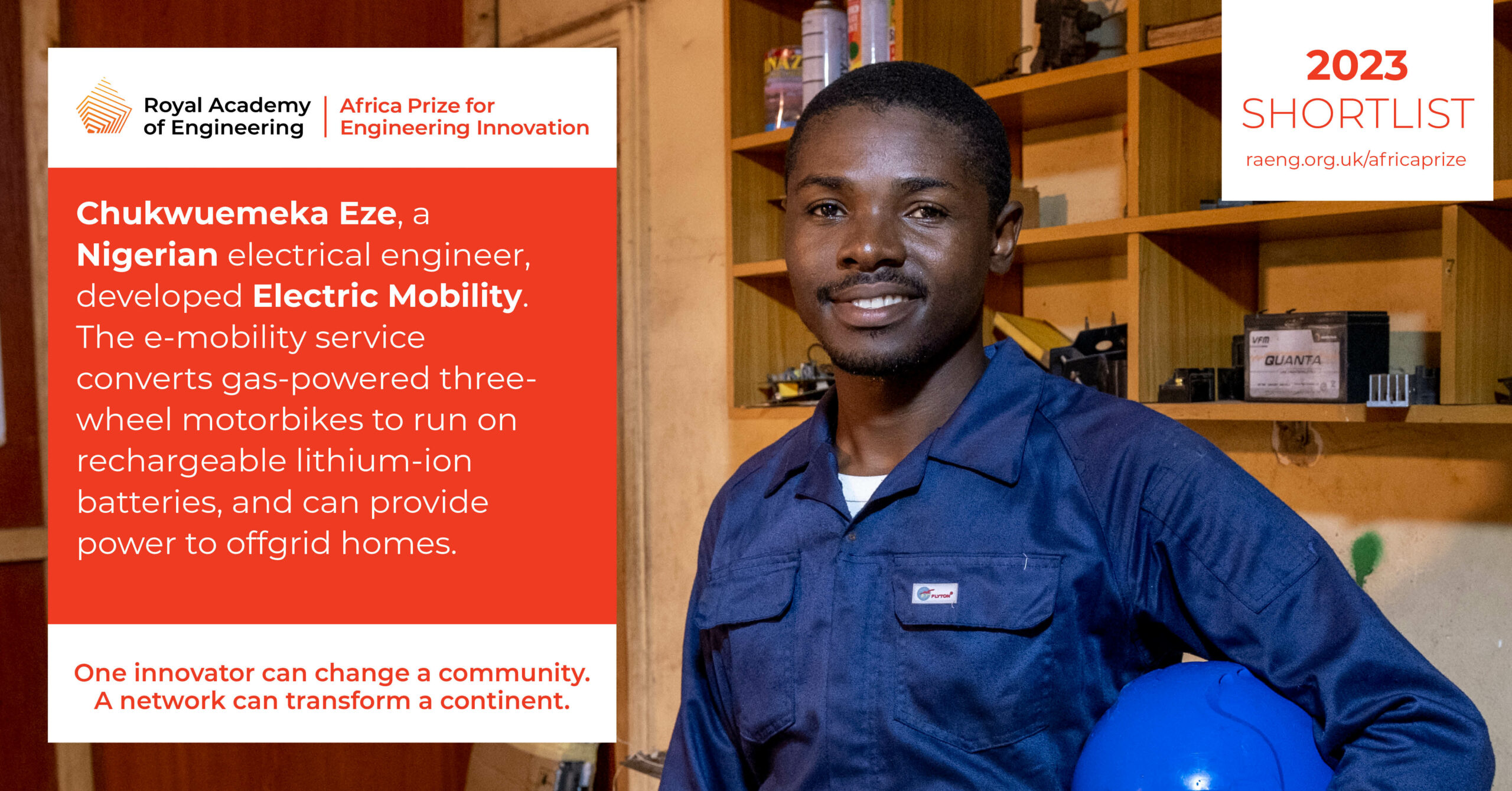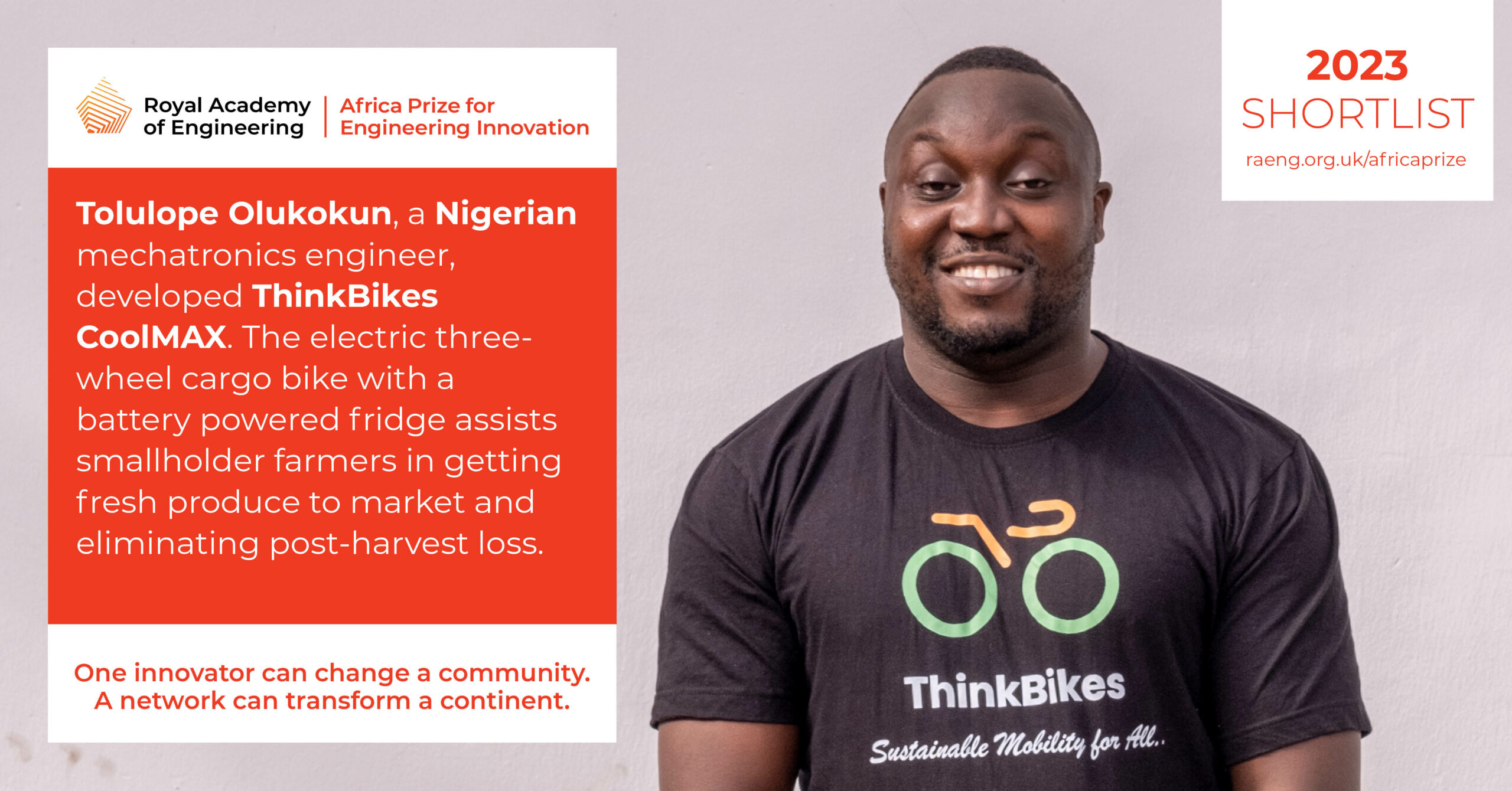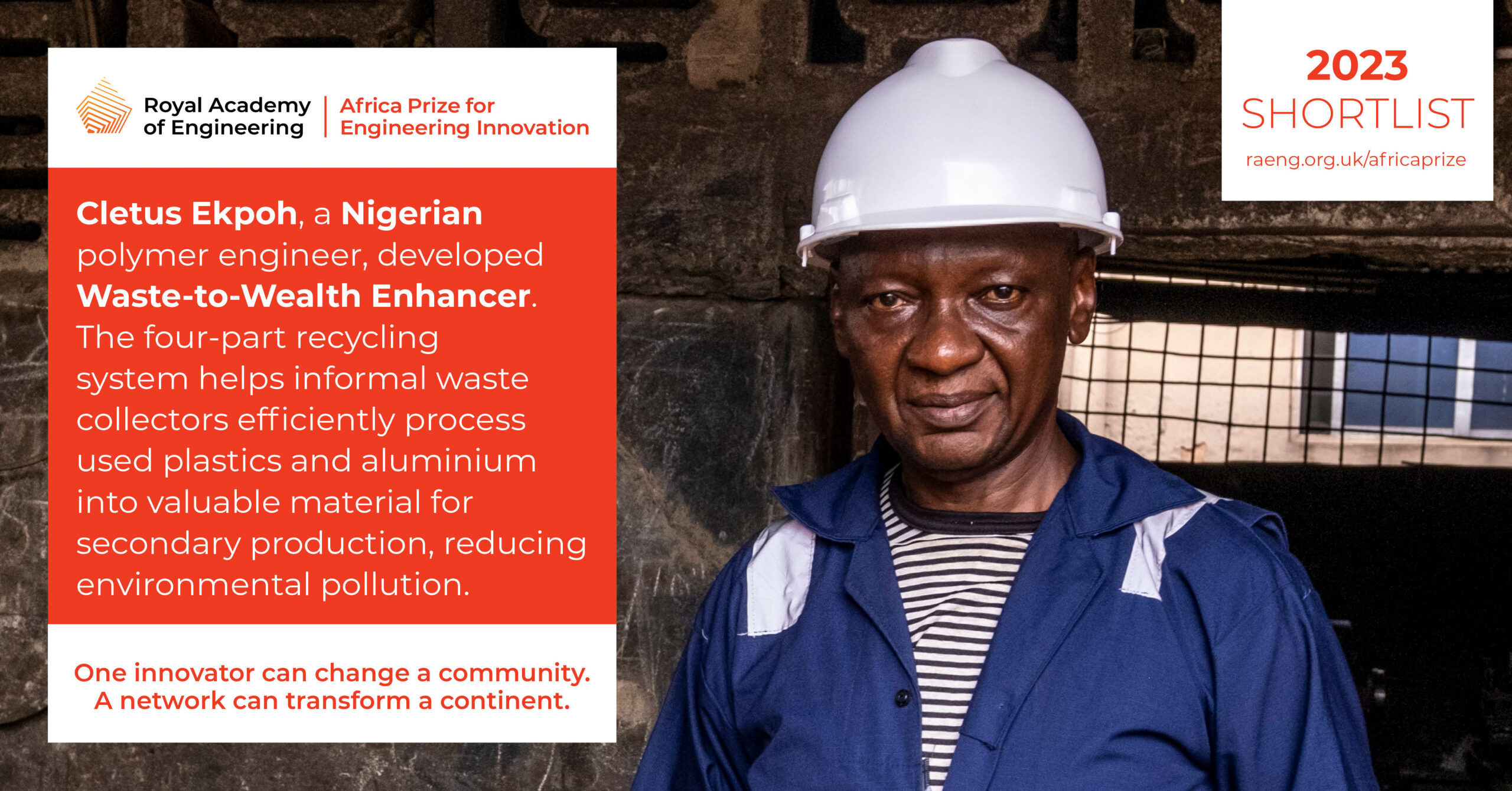Features
Three Nigerian Innovators Shortlisted for the 2023 Africa Prize for Engineering Innovation

For its 9th edition, three Nigerian innovators out of 15 African innovators have been shortlisted for 2023 UK’s Royal Academy of Engineering Africa Prize for Engineering Innovation (APEI).
The 15 innovators, selected and shortlisted from ten African countries, tackle challenges central to the UN’s Sustainable Development Goals, including quality education, clean water and sanitation, sustainable cities and communities, good health and well-being, and clean energy.
Founded by the Royal Academy of Engineering, the Africa Prize for Engineering Innovation is Africa’s biggest prize that aims to stimulate, celebrate and reward innovation and engineering entrepreneurship in sub-Saharan Africa. It awards crucial commercialisation support to ambitious African innovators developing scalable engineering solutions to local challenges. The work of these entrepreneurs demonstrates the importance of engineering as an enabler of improved quality of life and economic development.
Meet the shortlisted Nigerian innovators:
Chukwuemeka Eze

Chukwuemeka Eze developed Electric Mobility – an e-mobility service which converts gas-powered three-wheel motorbikes to run on batteries, saving up to 60% on running costs.
This e-mobility service includes lithium-ion batteries, an AC induction motor, a retrofit shaft and an electronic controller, that acts as the inverter.
Eze and his team study the engines of different motorbikes and then develop specifications to adjust the gears and replace part of the engine with an electric motor. Redundant parts are removed, the battery is fixed to the bike’s chassis and the vehicle is repainted.
Tolulope Olukokun

Tolulope Olukokun developed ThinkBikes CoolMAX – an electric cargo bike with a battery-powered fridge to help Nigeria’s smallholder farmers get fresh food crops to market.
ThinkBikes CoolMAX helps solve the challenge of fresh produce rotting in hot weather when transported in wet sacks or on open roofs and trailers. This three-wheel vehicle and cooling unit is powered by separate removable packs of recycled lithium-ion batteries taken from old laptop computers for a second life usage.
Olukokun’s aim is to accelerate Nigeria’s transition to renewable energy and sustainable transport, as a response to the climate crisis and increased fuel prices which have a significant impact on smallholder farmers and traders who are struggling to scale up their activities.
Cletus Ekpoh

Cletus Ekpoh developed Waste-to-Wealth Enhancer – a four-part recycling system that helps informal waste collectors.
The first part uses self-generated heat to convert polythene plastic to prevent the polythene going to landfill or oceans. The second part is a crushing machine for solid plastic waste such as buckets, chairs, battery casings, kegs and bottles and the flakes are used to make new plastic products. The third unit is an extrusion machine that makes tubular plastic film from the pellets produced in the first unit. The fourth unit is a manual compressor which crushes an aluminium can to 10% of its original size, making it easier to store and transport the waste for the casting of ingots, moulds, clamps, and more.
This year’s shortlisted entrepreneurs join the Academy’s 134-strong Africa Prize alumni network, which includes innovators who have achieved significant commercial success and social impact across the continent following their participation in the Prize.
An eight-month period of tailored training and mentoring for up to 16 shortlisted entrepreneurs culminates in a showcase event. The winner will receive £25,000, and three runners-up will win £10,000 each. An additional One-to-Watch award of £5,000 will be given to the most promising innovator.
See the full list of the 2022-2023 shortlisted cohort here.





















